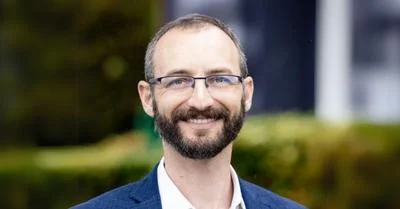Attorney General Rob Bonta | Official website
Attorney General Rob Bonta | Official website
California Attorney General Rob Bonta, along with a coalition of 22 attorneys general, has filed a brief with the U.S. Court of Appeals for the Ninth Circuit. The brief supports the federal law 18 U.S.C. § 922(g)(1), which prohibits felons from possessing firearms. This legal action is part of the case United States v. Duarte, which questions whether this federal prohibition violates the Second Amendment.
Attorney General Bonta stated, "It is commonsense that felons should not own nor have access to firearms." He emphasized the importance of states maintaining their ability to prevent individuals who have been convicted of felony crimes from accessing weapons. "My office will always fight to protect Californians from gun violence," he added.
The defendant in this case, Duarte, was previously convicted on five separate California felony charges when he was arrested for unlawfully possessing a firearm under federal law. Duarte was found guilty in the Central District of California for violating § 922(g)(1) after discarding a handgun while under police surveillance. However, his conviction was overturned by a three-judge panel that ruled barring him from owning firearms violated his Second Amendment rights.
Duarte's prior convictions include being a felon in possession of a firearm, possession of a controlled substance, and two counts of evading law enforcement. Despite these convictions, he was characterized as a “nonviolent” offender by the panel, which argued that his offenses were not serious enough to justify permanently depriving him of his Second Amendment rights.
The brief filed by Attorney General Bonta argues against overturning longstanding laws on an individual basis and highlights historical precedents where individuals convicted of serious but nonviolent offenses were dispossessed of firearms. It notes that nearly all states have restrictions preventing felons from possessing guns.
A copy of the brief is available for public access.






 Alerts Sign-up
Alerts Sign-up